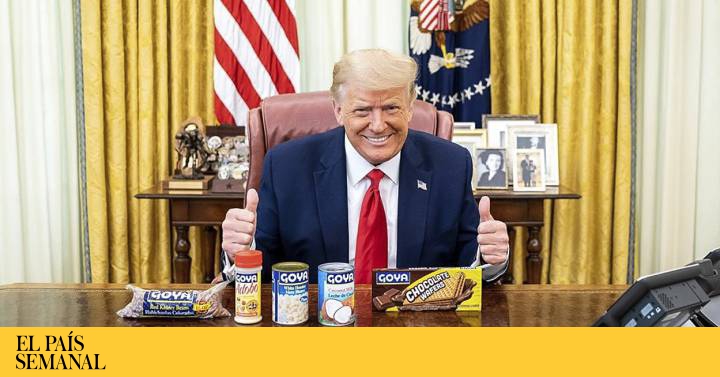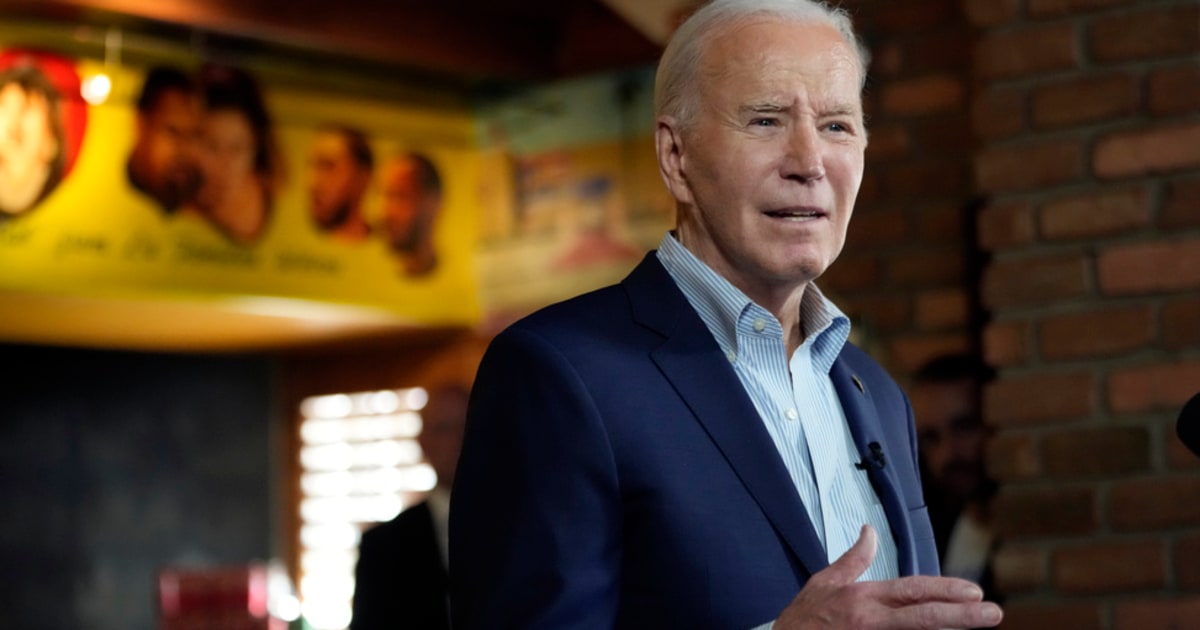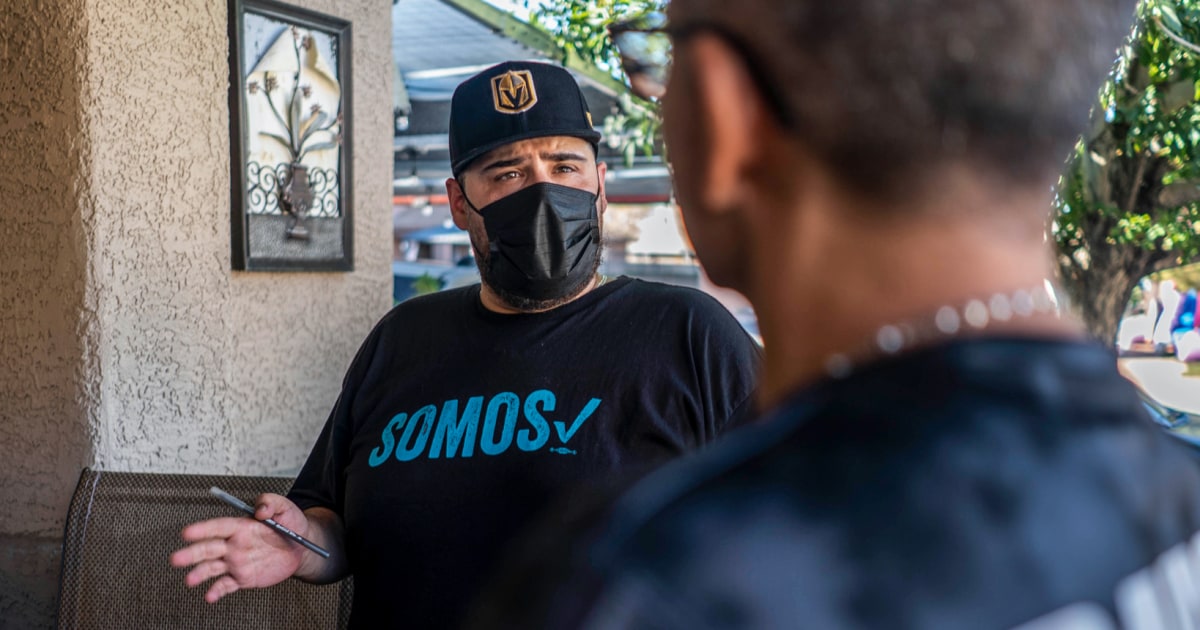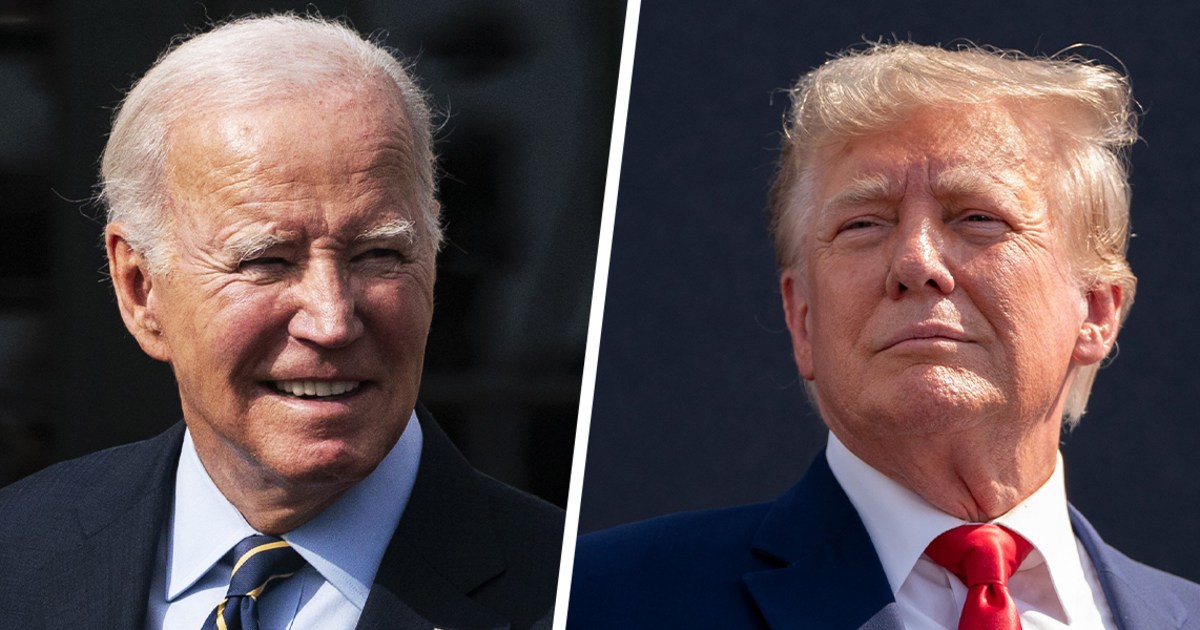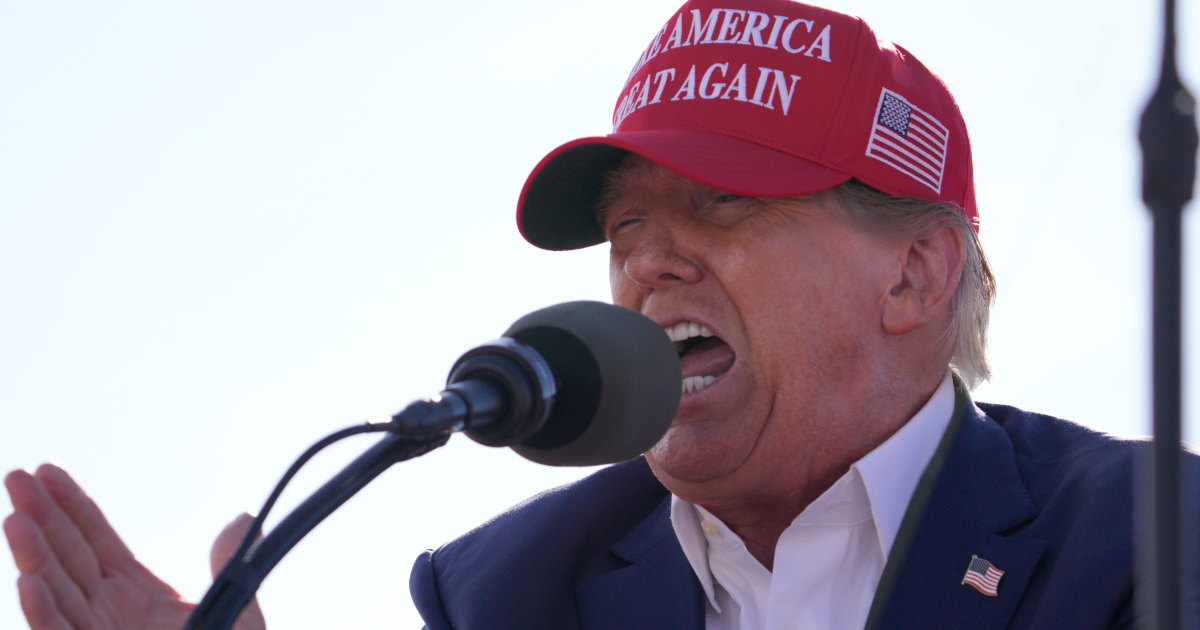At a ceremony held at the White House in early July, the CEO and grandson of the founder of the largest Hispanic family business in the United States —Robert Unanue, of Goya Foods— was kind enough to praise the host: “It is for all of us a a true blessing to have President Trump as your leader. "
After this compliment with religious overtones, the calls to boycott Goya products did not wait. Social networks were lit with ads from prominent Hispanics announcing that from now on they thought to do without the beans and other products distributed by this company founded in New York in 1936 by an entrepreneur from Burgos.
The figure of Prudencio Unanue Ortiz (Villasana de Mena, Burgos, 1886-Río Piedras, Puerto Rico, 1976) has always intrigued those of us who study Spanish emigration to the United States at the beginning of the 20th century. What remains today of the lives of those tens of thousands of Spaniards who traveled crammed in steamers to the United States in search of opportunities? Its visible traces remain, today, quite blurred. Only those very fond of local history could point to the vestiges of the Spanish colonies in New York, Tampa or other cities. For most Americans, this immigration chapter in history is invisible.
But in thousands of homes in the country there is evidence of this forgotten diaspora. Anyone who has Goya or Bustelo products in their cupboards, the brand founded by fellow Asturian and contemporary of Unanue, Gregorio Bustelo, has the most solid proof of the work of these invisible emigrants. More than in public squares, the phenomenon that produced people like Prudencio Unanue is perceived today in the privacy of home pantries. Few bronze statues; many tin cans.
Bustelo and Unanue ended up in New York after training trips in the Antilles. In the Big Apple they founded small businesses that would eventually become commercial empires. Both owed their triumphs not only to their unquestionable talents, but to the arrival in the city during the first half of the 20th century of hundreds of thousands of consumers avid for the flavors of the land: non-Spanish Hispanics, mainly from Puerto Rico. Over the years, the Goya and Bustelo brands would become beloved icons for the increasingly diverse Hispanic community across the country. To this day.
Robert Unanue denounces the boycott as an example of the culture of cancellation, as an attempt to suppress his freedom of expression. He has said in the White House what he feels, and does not intend to retract. His action is respectable, although perhaps it would have been convenient to define who exactly he means when he says “for all of us”. Because it seems clear that those who plan to boycott Goya products do not feel part of that blessed "us".
A brand is perhaps the only thing that distinguishes one can of chickpeas from another; the legumes in the two packages may be identical, but the label invites the consumer to link to a story. This is known to marketers. As long as a brand conjures up in the minds of consumers — consciously or not — its own family history, chickpeas will taste better. Robert Unanue is free to say whatever he wants. But consumers will also freely decide with which canned stories they prefer to continue communing, and with what values they want to continue dressing the recipes of their lives.

